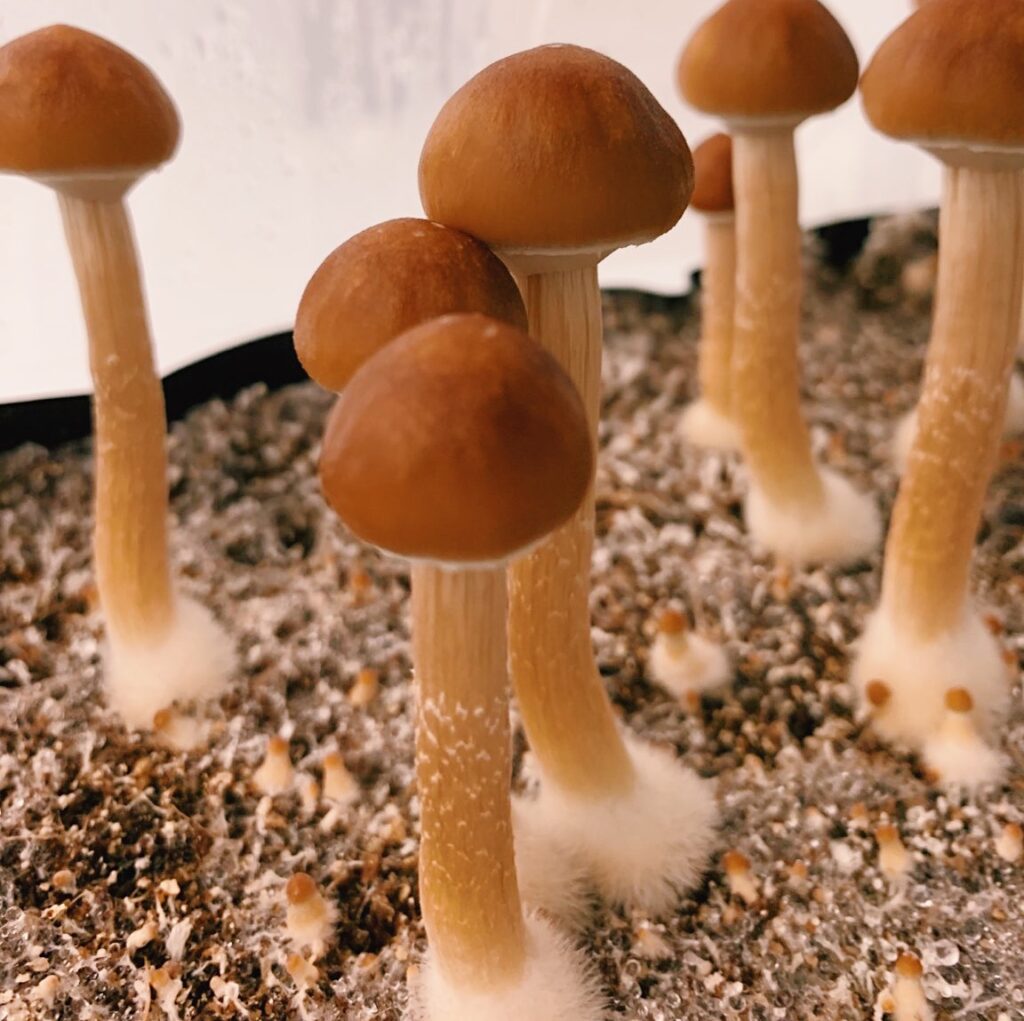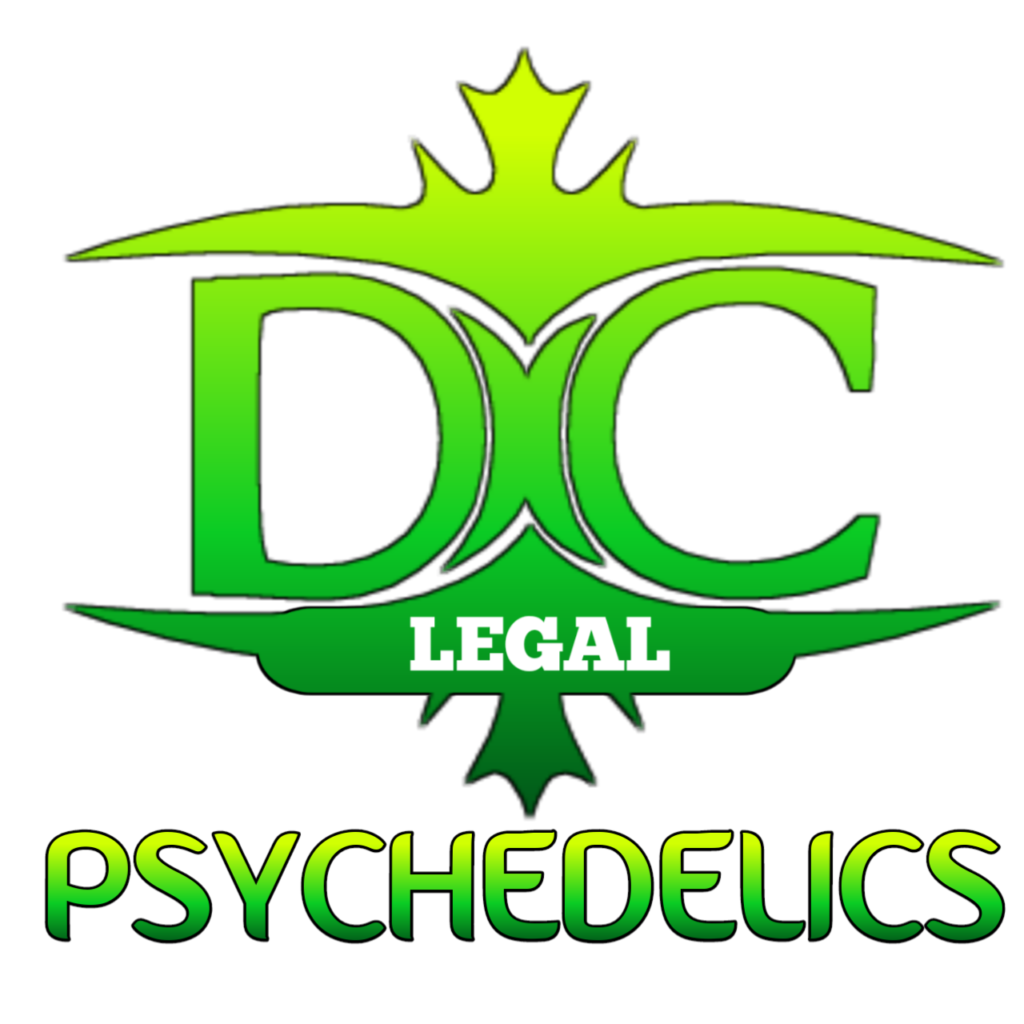Uncategorized
Magic Mushroom Regulations in the USA

Magic mushrooms, scientifically recognized for their hallucinogenic effects due to the compound psilocybin, occupy a complex and evolving legal space in the United States. For magic mushrooms go to store, While they remain illegal under federal law, several states and cities have begun to shift their policies, reflecting growing interest in their potential therapeutic benefits. Looking into Magic Mushroom Regulations in the USA,
Federal Status of Magic Mushrooms
- Classification: Psilocybin, the primary psychoactive component in magic mushrooms, is designated as a Schedule I drug under the Controlled Substances Act (CSA) of 1970. This classification indicates:
- No accepted medical use (according to federal standards).
- A high potential for abuse.
- Illegal to possess, cultivate, or distribute nationwide. Magic Mushroom Regulations in the USA
- Penalties: Federal violations can result in significant fines and imprisonment, though enforcement often defers to state and local jurisdictions unless large-scale trafficking is involved.
- Impact: Despite federal prohibition, states and municipalities have the autonomy to enact local laws, leading to a patchwork of regulations across the country.
State-by-State Regulations | Magic Mushroom Regulations in the USA #1 best guide
The legal status of magic mushrooms varies widely across the U.S., ranging from full therapeutic legalization to strict prohibitions. Below is a detailed breakdown of key states and their approaches: Magic Mushroom Regulations in the USA
1. States with Legalization for Therapeutic Use
- Oregon
- Status: Legal for therapeutic use.
- Details: In November 2020, Oregon voters passed Measure 109, making it the first state to legalize psilocybin for mental health treatment in supervised settings. The Oregon Health Authority oversees the program, which began operating in 2023. Licensed facilitators administer psilocybin at approved service centers, primarily for conditions like depression and PTSD. For microdosing psilocybin mushrooms go to store.
- Additional Notes: Personal use remains technically illegal outside these regulated settings, though enforcement is minimal. Magic Mushroom Regulations in the USA
- Colorado
- Status: Legal for therapeutic use and decriminalized for personal use.
- Details: In November 2022, Proposition 122 (Natural Medicine Health Act) was approved, allowing supervised psilocybin therapy and decriminalizing personal possession, use, and cultivation for adults over 21. Healing centers are expected to be operational by late 2024, following regulatory development.
- Additional Notes: The law also permits sharing (but not selling) small amounts among adults. Magic Mushroom Regulations in the USA
2. States with Decriminalization in Specific Cities
- California
- Cities:
- Oakland: Decriminalized in 2019, making possession and use the lowest law enforcement priority.
- Santa Cruz: Followed in 2020 with a similar policy.
- San Francisco: Decriminalized in 2022 via a resolution urging police to deprioritize enforcement.
- Arcata: Adopted decriminalization in 2022.
- Statewide Efforts: A bill (SB 519) to legalize possession and sharing of psilocybin passed the California Senate in 2021 but stalled in the Assembly in 2022. As of now, statewide legalization has not been achieved.
- Legal Status: Outside decriminalized cities, possession remains a misdemeanor or felony depending on quantity and intent. Magic Mushroom Regulations in the USA
- Cities:
- Michigan
- Cities:
- Detroit: Decriminalized in 2021 through a ballot initiative, reducing enforcement priority.
- Ann Arbor: Decriminalized in 2020, with police directed to treat possession as a low-priority offense.
- Statewide: No statewide decriminalization or legalization; possession outside these cities can lead to penalties under Michigan’s controlled substances laws. Magic Mushroom Regulations in the USA
- Cities:
- Massachusetts
- Cities:
- Somerville, Cambridge, Northampton, Easthampton: Decriminalized between 2021 and 2022, with resolutions directing police to deprioritize enforcement of psilocybin possession.
- Statewide: Efforts to introduce broader decriminalization have been proposed but not yet enacted.
- Cities:
- Washington
- Cities:
- Seattle: Decriminalized in 2021, with the city council directing police to treat personal use as the lowest enforcement priority.
- Port Townsend: Adopted a similar policy in 2022.
- Statewide: A 2021 bill to study psilocybin’s therapeutic potential failed, and possession remains illegal outside decriminalized areas. Magic Mushroom Regulations in the USA
- Cities:
- Other Notable Cities
- Denver, Colorado: Decriminalized in 2019 via a ballot measure (before statewide legalization in 2022), making it the first U.S. city to take this step.
- Washington, D.C.: Decriminalized in 2020 through Initiative 81, reducing enforcement priority. Magic Mushroom Regulations in the USA
3. States with No Changes (Illegal)
- Alabama
- Status: Illegal, classified as a Schedule I substance.
- Penalties: Possession is a felony, punishable by 1 to 5 years in prison and fines up to $7,500, depending on quantity and prior offenses.
- Tennessee
- Status: Illegal, listed as a Schedule I drug.
- Penalties: Possession is a Class A misdemeanor for small amounts (up to 1 year in jail and $2,500 fine) but can escalate to a felony for larger quantities or intent to distribute.
- Other States
- Examples: South Dakota, North Carolina, Maryland, Texas, Florida, and most others adhere to federal guidelines, treating psilocybin as a Schedule I substance.
- Penalties: Vary widely, from fines for small amounts to lengthy prison sentences for cultivation or distribution. Enforcement rigor depends on local priorities. Magic Mushroom Regulations in the USA

Magic Mushroom Regulations in the USA
To better understand the regulatory landscape, states can be categorized based on their approach to magic mushroom laws:
- Most Permissive:
- Oregon and Colorado: Legal for therapeutic use, with Colorado also decriminalizing personal use.
- Partially Permissive:
- California, Michigan, Massachusetts, Washington: Decriminalization limited to specific cities, with no statewide policy changes.
- Others: Washington, D.C., and Denver (pre-Colorado statewide law) also fall into this category.
- Restrictive:
- Alabama, Tennessee, and most states: No policy changes, fully illegal with varying degrees of enforcement and penalties.
This ranking reflects a spectrum from progressive reform to strict adherence to federal prohibition. For microdosing kits in USA go to store. Magic Mushroom Regulations in the USA
The keywords are likely to align with common youe queries:
- “magic mushroom laws by state”
- “psilocybin legalization USA”
- “where are magic mushrooms legal”
- “decriminalized magic mushrooms in [state/city]”
- “psilocybin therapy regulations”
- “magic mushroom decriminalization USA”
- “legal status of magic mushrooms 2023”
- “psilocybin laws [psilocybin mushrooms by Legal psychedelics]”
These terms capture the curiosity around legality, location-specific rules, and emerging therapeutic applications.
Conclusion | Learning about Magic Mushroom Regulations in the USA
Magic Mushroom Regulations in the USA present a dynamic and fragmented picture. At the federal level, psilocybin’s Schedule I status imposes a blanket prohibition, yet states like Oregon and Colorado have pioneered therapeutic legalization, while cities in California, Michigan, and elsewhere have embraced decriminalization. Meanwhile, most states, including Alabama and Tennessee, maintain strict bans with significant penalties. This evolving landscape is driven by growing scientific evidence of psilocybin’s mental health benefits and shifting public attitudes. As reforms progress, staying updated on local laws is essential, given the stark contrasts across jurisdictions. The future may see more states challenging federal policy, but for now, the U.S. remains a patchwork of permissive and prohibitive approaches to magic mushrooms.
